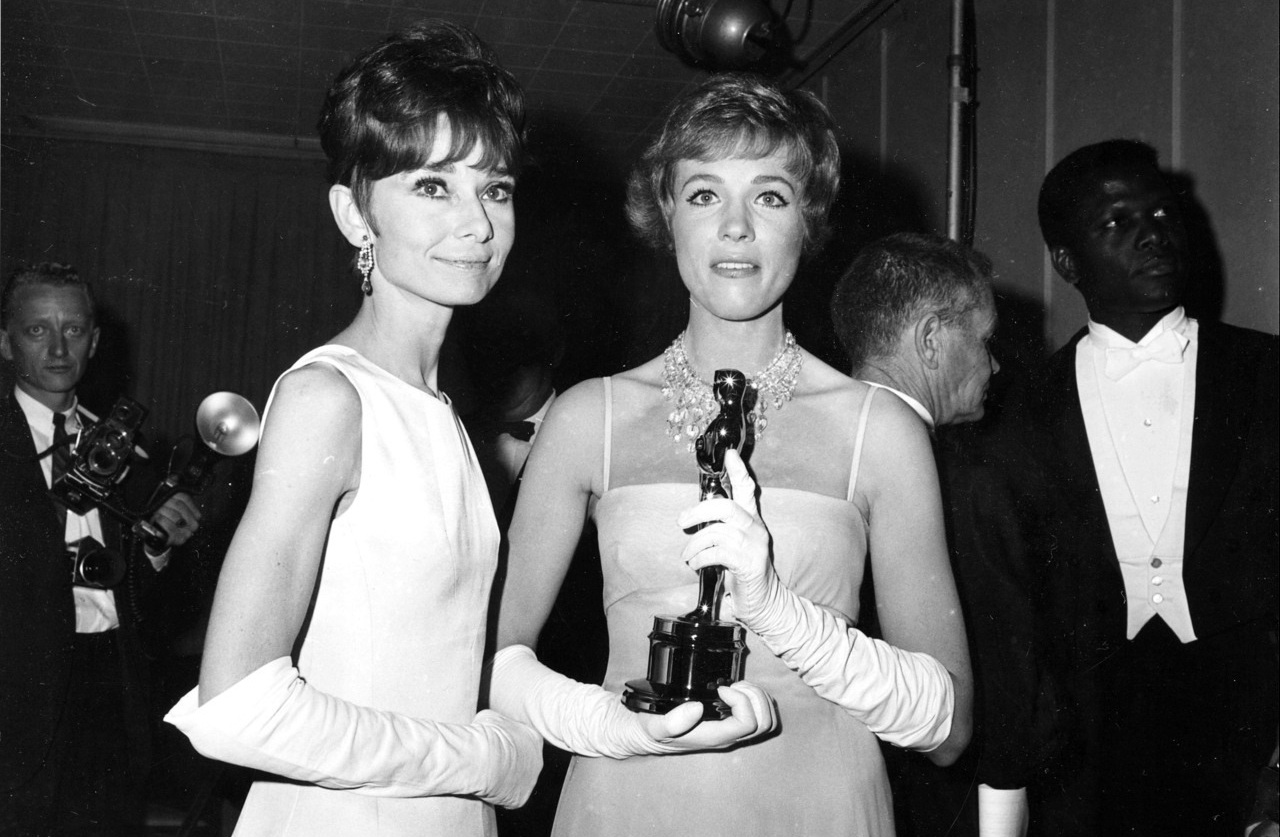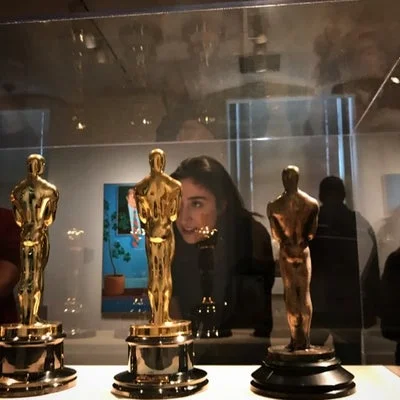Academy Awards History Lessons Right At Your Fingertips | Be Kind Rewind
For 91 years now, the Academy Awards have informed Americans and much of the world about the direction film-making is taking, and what they can and should expect in the future. In many ways, they can be a great documentation of what was popular at any given time, what made a huge impact, and what really defined the arts of direction, production and acting. But at times, its outcomes do make you scratch your head in bewilderment. Some nominations, wins, losses and snubs become so famous that we talk about them for decades.
I have always had a fascination with these awards, and their impact on society and art. And I have finally discovered a YouTube channel that indulges me in these curiosities whole-heartedly.
Content creator Isabel Custodio has taken it upon herself to educate us all in the history of the Academy Award - particularly the Best Actress award. Her videos are so well-crafted, thorough and thought-provoking, that I constantly see people in her comments section asking “Is this a PBS program?” Being that we are in Oscar’s season and will soon be finding out what films and individuals will be taking home little golden statues, I highly recommend you check out her channel and become as obsessed with Oscars history as me.
I must warn you though, like anything in life, the more you learn about the Academy Awards, the more differently you’ll think of them. While I can’t say that this is what the goal of her videos is, they definitely expose some of the tactics Hollywood has used to get films and people nominated, as well as the manipulations and flukes that lead to wins. And there’s no turning back. But maybe in today’s society of hype culture and business trumping art so often, that could be a good thing.
Below are some of my favorite episodes from her channel.
Best Actress 1955
When Judy Garland’s lead performance in the first remake of A Star is Born garnered massive positive attention, the country was in shock when Grace Kelly took home the Oscar for Best Actress. This episode gets to the bottom of how this came to be.
Best Actress 1965
When Julie Andrews was snubbed for the role of Eliza Doolittle in the film adaptation of My Fair Lady, - a role which she originated on Broadway - room was made for the ever-so-popular Audrey Hepburn. So being that the big screen role of a lifetime went to Hepburn, why is Andrews holding the golden statue below? Check out the episode below to find out.
Every Version of A Star Is Born
While I’ve made it very clear that I did not like the 2018 remake of A Star is Born starring Lady Gaga and Bradley Cooper, I am quite interested in following its reception by the public and during awards season, as it’s part of a long line of remakes. The original film came out in 1937 and starred Janet Gaynor as the female lead, the first remake - released in 1954 - starred Judy Garland, and the second remake - released in 1976 - starred Barbara Streisand.
The video below compares four films in story, performances and their relevance to their respective generations. So far, none of the three actresses who came before could reign in a Best Actress Oscar for the lead role in the story. And while I’m not confident that Gaga will be the first to bring this role to Oscar glory, I think it’s interesting to measure the impact of each film, and how the franchise in entirety is a fascinating documentation of the evolution of the music industry.
The Harvey Weinstein Effect
One of the biggest effects of the political climate on the entertainment industry has been the Me Too Movement. After over 87 women - with the bulk of them being budding or successful actresses - came forward to accuse the Miramax producer/industry giant of sexual harassment/assault, the realization was made that the industry had been keeping many secrets from the public in order to save face. In addition to that, more information came out as to how Harvey gained his reputation of always being an Oscars shoo-in. That influence on the industry is part of what gave him the opportunities to abuse women. And it also gave him the power to alter pop-culture history in other ways. The episode below goes into depth about how he earned his reputation as an Oscar magnet.
Personally, after watching this episode and doing my own independent research on Harvey Weinstein and the art of the Oscar campaigning, I will never look at the legitimacy of award nominations/wins the same way. It really made me realize to what extent networking, peer-pressure and palm-greasing affects what we are told is real art, and quality film.
Shorty Awards Nomination
The Shorty Awards, which recognizes the best in social media, is holding its 11th annual award’s ceremony, and Be Kind Rewind is nominated for Influencer in Education category. I personally think that Custodio and her work combined, make an incredible contender for the contest. If you agree, I encourage you to vote for her by visiting the page linked below. Voting closes February 21st, 2019. You may vote once a day.
Ironically, in our social media and hype culture obsessed world, every industry feels like it’s getting more and more corrupted by greed and the impact of interpersonal relationships. But thanks to dedicated content creators, it’s becoming easier and easier to utilize social media to gain knowledge of the truth. The more we can educate ourselves about the inner workings of each industry, the better understanding we as a society can have of what is worth our time and attention, what art and business are really all about, and what we the people expect from them.


